Future Canadian frigates to receive Sea Ceptor
The future Canadian Surface Combatants (CSC) will be equipped with the Sea Ceptor air defence system from MBDA. Its missiles are based on the Common Anti-Air Modular Missile (CAMM). They are quickly deployable and can be used at a high cadence so that several threats can be combated simultaneously. One of the Sea Ceptor's special features is the so-called Soft Vertical Launch. The missile does not start its rocket engine in the VLS, but is initially ejected with pressurised air. The FK's engine only ignites at a certain altitude, protecting the ship and sensors from damage caused by the heat of the engine. At the same time, threats in a 360-degree radius and...
Weiterlesen

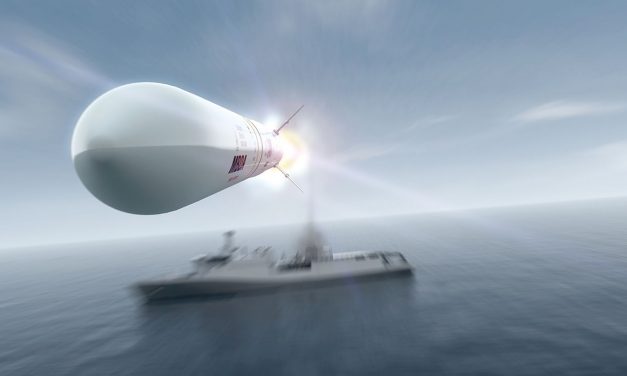
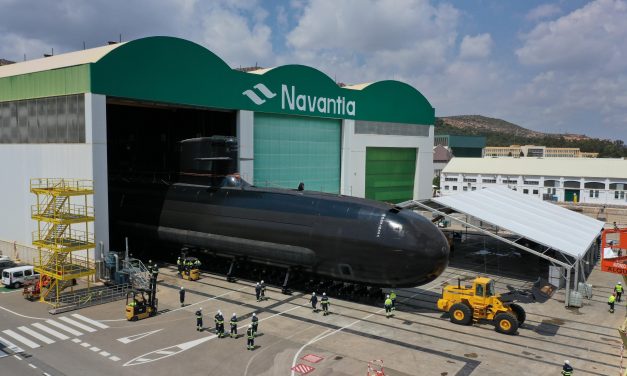
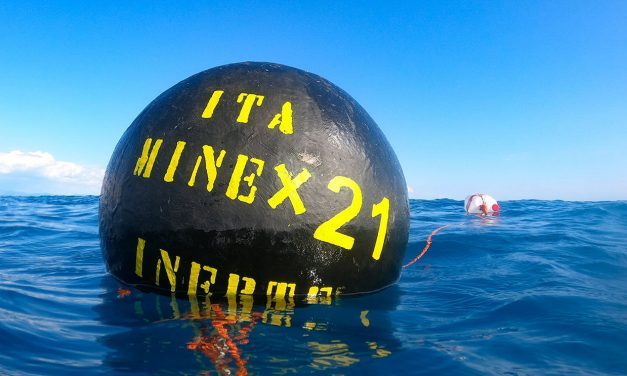
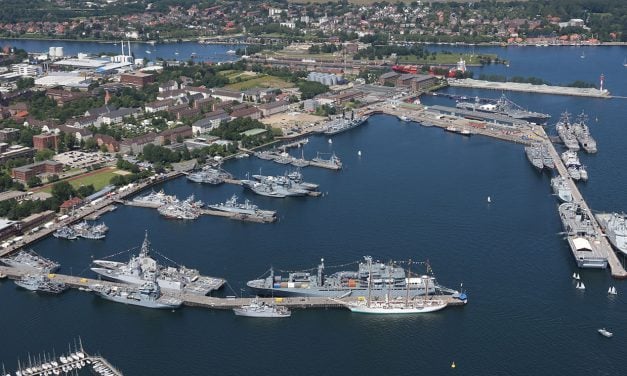
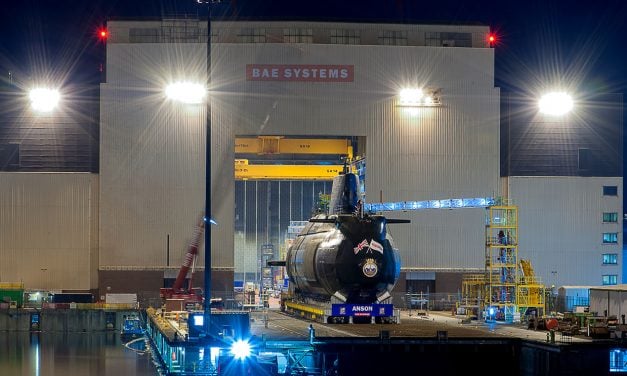
Latest comments